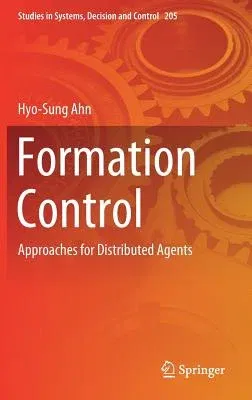This monograph introduces recent developments in formation control of
distributed-agent systems. Eschewing the traditional concern with the
dynamic characteristics of individual agents, the book proposes a
treatment that studies the formation control problem in terms of
interactions among agents including factors such as sensing topology,
communication and actuation topologies, and computations.
Keeping pace with recent technological advancements in control,
communications, sensing and computation that have begun to bring the
applications of distributed-systems theory out of the industrial sphere
and into that of day-to-day life, this monograph provides distributed
control algorithms for a group of agents that may behave together.
Unlike traditional control laws that usually require measurements with
respect to a global coordinate frame and communications between a
centralized operation center and agents, this book provides control laws
that require only relative measurements and communications between
agents without interaction with a centralized operator. Since the
control algorithms presented in this book do not require any global
sensing and any information exchanges with a centralized operation
center, they can be realized in a fully distributed way, which
significantly reduces the operation and implementation costs of a group
of agents.
Formation Control will give both students and researchers interested
in pursuing this field a good grounding on which to base their work.

